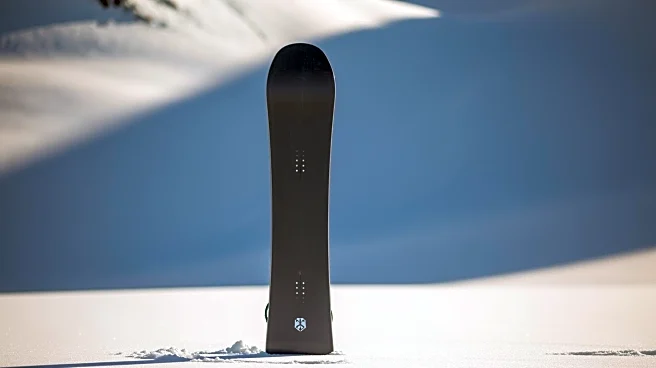What's Happening?
A digital twin framework has been developed to optimize urban parking management and mobility forecasting, leveraging real-time data to reduce congestion and emissions. This framework integrates diverse data sources, including IoT sensors, 5G connectivity,
and cloud-based platforms, to improve decision-making and service delivery. The system aims to balance the needs of citizens, infrastructure, and environmental impacts by optimizing resource allocation and improving service efficiency. The framework is designed to minimize congestion and pollution while maximizing resource utilization and user experience. It incorporates data from parking meters, slot sensors, and GPS devices used by municipal agents, along with environmental and meteorological data, to provide a comprehensive view of urban mobility dynamics.
Why It's Important?
The implementation of a digital twin framework in urban settings is significant as it addresses the complex challenges of managing urban mobility, particularly in medium-sized or large cities. By optimizing traffic flow and reducing congestion, the framework can lead to improved air quality and reduced emissions, contributing to environmental sustainability. Additionally, the integration of real-time data enhances the efficiency of public transportation systems and shared mobility services, promoting a shift away from private vehicle reliance. This approach supports smart city initiatives and can lead to better urban planning and resource management, ultimately benefiting citizens and the environment.
What's Next?
The framework's modular design allows for future integration with arterial traffic flow data and public transport information, paving the way for intermodal simulation and regional-scale coordination in metropolitan contexts. This could lead to more comprehensive urban mobility solutions that address the needs of various stakeholders, including city planners, transportation agencies, and citizens. As the framework evolves, it may incorporate additional data sources and technologies, such as autonomous vehicle networks, to further enhance urban mobility management.
Beyond the Headlines
The digital twin framework represents a shift towards data-driven urban management, highlighting the importance of integrating technology and real-time data in city planning. This approach not only improves operational efficiency but also supports sustainable development goals by reducing environmental impact. The framework's ability to simulate future scenarios and optimize resource allocation can lead to more resilient and adaptable urban systems, capable of responding to changing dynamics and external pressures.
















